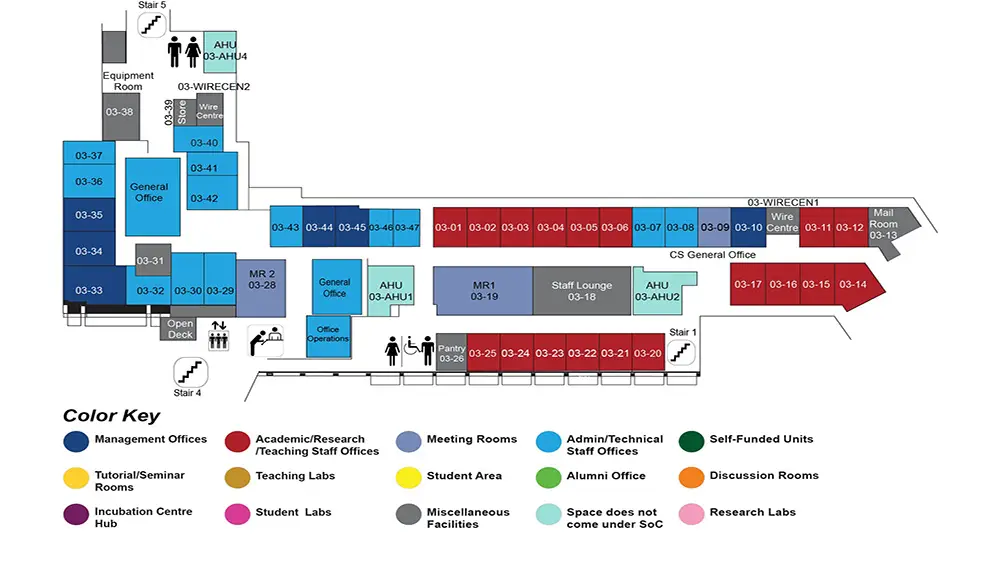Dependable Low-Power Wireless Sensor Networks
COM1 Level 3
MR1, COM1-03-19

Decades of research effort has been put towards designing low-power wireless sensor network protocols. We now find highly specialized protocols targeting applications that demand multiple traffic patterns. For instance, many-to-one for data collection, one-to-many for data dissemination, one-to-one for high throughput data transfer, and many-to-many for network-wide agreement. All of the protocols either have the network nodes communicating asynchronously or are synchronized to some level of accuracy.
The recent interest in the Internet of Things has fueled low-power sensor network deployment in urban environments - cities, towns or even suburbs. However, unlike the deployments in the wild, urban sensor network deployments are particularly challenging due to several reasons, the most important being the presence of severe cross-technology interference (CTI). 802.15.4 not only shares the 2.4 GHz ISM band with a number of wireless technologies like WiFi and Bluetooth but also with many different common household appliances like microwaves and cordless phones that form an integral part of an urban lifestyle. It is important to design protocols that are not only robust to such non-deterministic CTI but also remain energy-efficient. Another equally important concern is an ability to support multiple different traffic patterns efficiently as the application can change over time. While the initial deployment might be focusing more on collecting sensor readings, there is always a need of being able to disseminate the latest firmware update throughout the network. Finally, the protocols should be scalable to support a large and dense deployment.
In this thesis, we study three different class of protocols that require different levels of network-wide synchronization: Asynchronized, loosely synchronized, and tightly synchronized. Tapping on the advantages and learning from the limitations of these individual classes, we proposed three low-power wireless communication protocols Oppcast, Codecast, and Syncast, that address the above three deployment challenges.

